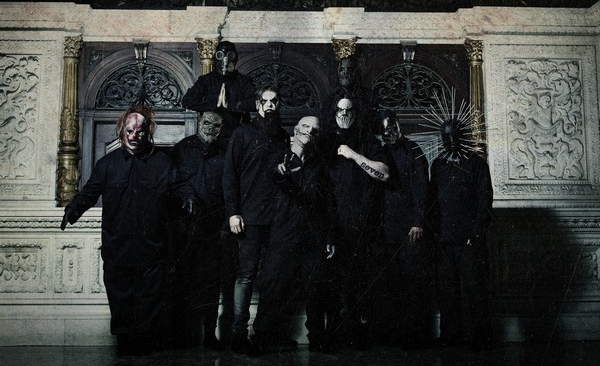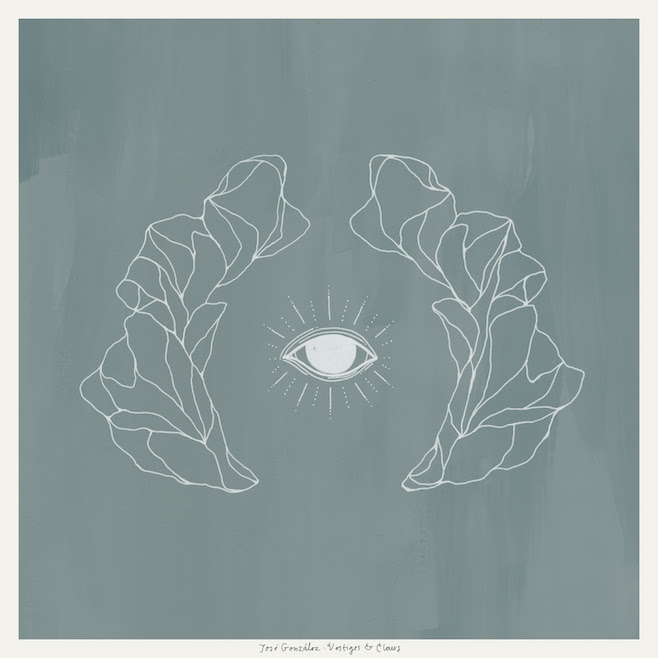“There were some intense days in the studio,” Taylor recalls. “There were times I was so in the moment I was either breaking down or throwing up, and a lot of times doing both at the same time.
“There was something intuitively different about this album,” he articulates. “Not only because of what we’d gone through, but because of the circumstances with which we were trying to make this album. It was very important that I tear the lid off everything and just let it go. I hadn’t done that in a long time – you try to, and sometimes you get close and sometimes you don’t – but the story we were telling was so personal and so intense that you couldn’t half-arse it. For us it was about ripping the lid off and screaming bloody murder.”
Indeed, the past five years have been one of the most challenging times in Slipknot’s long history. On May 24 2010, Paul Gray was found dead in his room at the TownePlace Suites Hotel in his hometown of Iowa. In the 911-phone call, hotel staff detailed the scene in which they discovered Gray; hunched over in the corner of the room, his hands and feet purple. A syringe was reportedly located next to his bed, while an assortment of pills was littered throughout the room. Toxicology reports later indicated that Gray had overdosed on a lethal cocktail of morphine and fentanyl.
Then, in December 2013, Slipknot’s drummer Joey Jordison controversially departed the band. While the reasons for Jordison’s departure are unclear (the band remain tight-lipped about it), once thing’s for certain; Jordison didn’t quit the band on his own will. Taking to Facebook in January 2014, Jordison announced, “I want to make it very clear that I did not quit Slipknot… This news has shocked and blindsided me as much as it has all of you.”
According to Root, the impetus to commence writing material for the record was born from impatience with delays in getting the album started, and once the decision was made that Jordison would no longer be part of Slipknot, he and Clown started writing new material.
“We fucking waited way too long to start this album, and it kept getting pushed back,” he explains. “I was having conversations with Clown and Joey about starting the writing process – we were going to start in January. But when events unfolded the way they unfolded and we’d come to the conclusion that Joey wasn’t going to be with us anymore, it became apparent to me that I needed to sit my fucking arse down, plant my head in my computer with a guitar in my lap and go to work. It was very obvious to me that it was time for Slipknot to start.”
For Taylor, the process of writing and recording the album was a deeply therapeutic experience, signifying a step forward in his personal grieving process, and an evolution in the band’s sound and interpersonal dynamics. His lyrics and performance for .5 The Gray Chapter were cathartically crafted and executed, embracing the residues of his heightened emotional turmoil and transforming them into art. He says the overall experience saw the band unite in their shared grief and evolve as a cohesive, and stronger, collective.
“One of the ways we did reconnect was while some of the guys were hearing the lyrics for the first time,” he says. “We started talking about everything we had been going through for the last four years and how we were all dealing with the loss of Paul. We slowly realised we were all on the same wavelength as far as what we had gone through. That sense of loss, that deep depression, missing him and missing what he meant to this band, the guilt that comes along with it… We’re talking about the grieving process on so many different levels – not just the romantic side of it, but the nitty-gritty of it – because there’s an anger that nobody wants to talk about. It comes from anger at yourself and anger at the person who you love and miss.”
“I guess the record is pretty dark,” Root contemplates. “That could be the content of Corey’s vocals and it could be the state of mind I was in when I started putting the arrangements together. But we took a different approach to this album. I wrote most of the arrangements, so it sounds a little bit different. It’s a Slipknot record mainly written by a guitar player, but it was important for me that we remained what Slipknot is, and that’s a very percussive band. You don’t want to keep putting the same record out over and over again and for me, it’s very important that we evolve as a band.
“I had an epiphany while writing the demo music for this album,” Root confides. “I realised I was approaching writing songs the way Paul would have, and it hit me like a ton of bricks. I had to put my guitar down for a while and think about it. Essentially, I realised Paul was here helping me through the process of putting these demos together. That might sound fucking hippy or spiritual, but to me it was a logical thing – I had spent a lot of time with this guy in the trenches, we had a lot of blood in the game together and it’s only obvious that certain traits of this person are going to rub off on you.”
Looking back, given the circumstances the band had faced over the past five years, are Taylor and Root surprised at the collective strength of the band, and their innate ability to persevere during times of profound hardship?
“I’m never surprised by anything that we do,” Taylor hesitates, “but I am surprised by how quickly it all came together. People are amazed by the quality of what we were able to put together from scratch, and I think that’s the best compliment we could have as a band; the fact that we can still blow people away this late in the game, especially after everything that we’ve been through. I’m not surprised by it, I’m proud,” he adds. “I’m proud of the fact this band came together the way it did, in lieu of detractors, in lieu of doubters, in lieu of a whole generation of bands that have come in the wake of what we did fifteen years ago. The fact that we were able to stand our ground, evolve, and yet tell our story the way we wanted to tell it is fantastic.”
“We’ve been through a lot as a band and this was just another hurdle that we had to overcome,” Root reflects. “We had an opportunity to rise above it all or let it fucking beat us, and I’ve worked way too fucking hard for many years and sacrificed too much in my life to let any of that shit beat me. I’ve come to find that no matter how dark some things are there seems to be a good reason for the way everything works out,” he continues. “You can bottle off, become a recluse and disappear into oblivion – or you can fight back and do your best to pull your head above the water. I think the latter is more fun and interesting.”
BY CARA WILLIAMS







